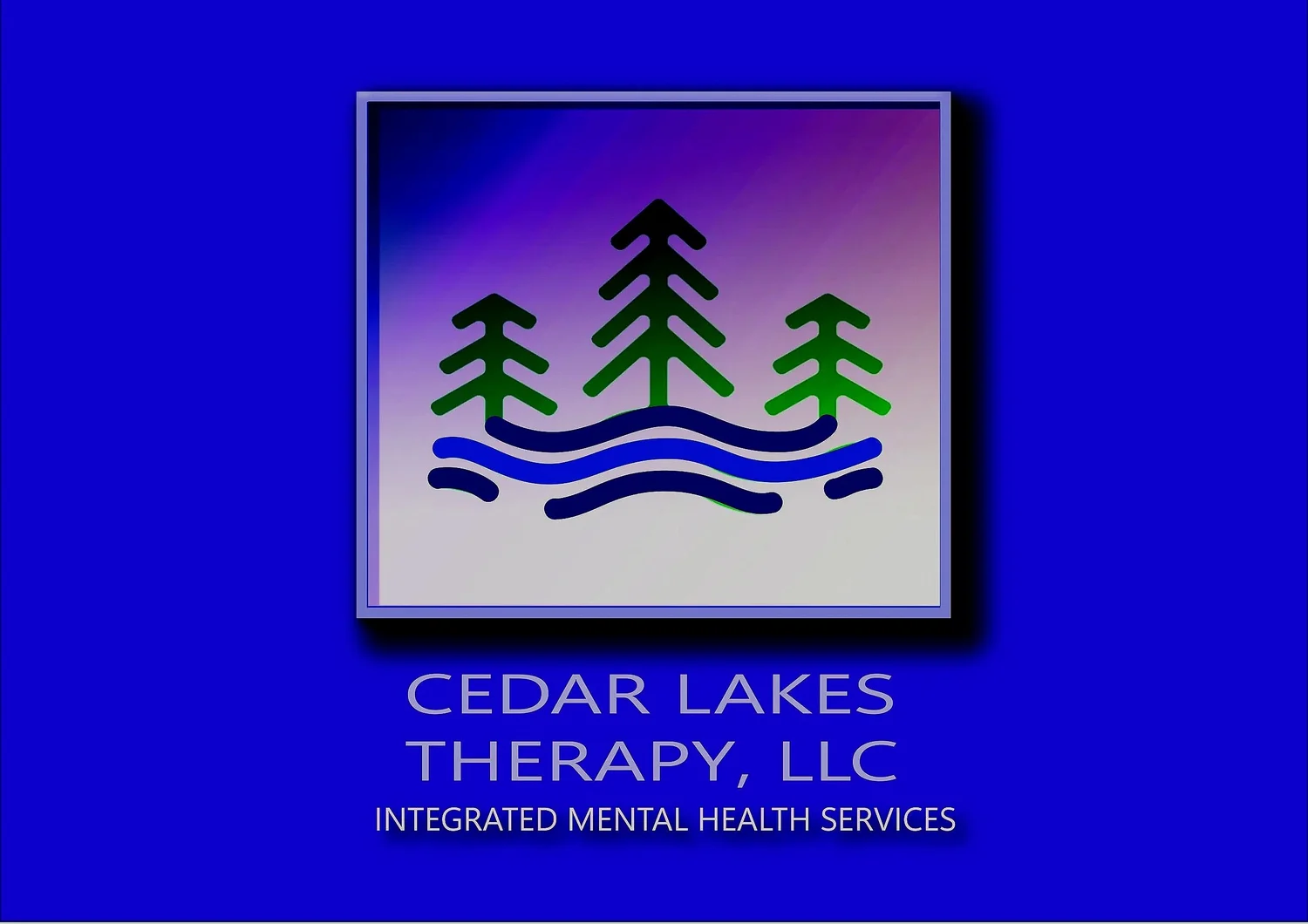PERSONALITY DISORDERS
What is a Personality Disorder?
-

Development of Personality Disorders
How? When? Who? According to the APA DSM-V (a manual for diagnosis formulation) a personality disorder is defined as “an enduring and inflexible pattern of long duration leading to significant distress or impairment and is not due to use of substances or another medical condition”.
There are some fundamental risk factors that can lead to the development of a personality disorder. It is important to remember, that not everyone who shares these risk factors will automatically develop a personality disorder, as there are many, complex factors that can contribute.
Some risk factors are: a family history of Personality Disorder or other mental illness; low socioeconomic status; verbal, physical or sexual abuse during childhood; neglect during childhood; an unstable or chaotic family life during childhood; being diagnosed with childhood conduct disorder; loss of parents through death or traumatic divorce during childhood.”
What are some protective factors (elements that can prevent the development of a personality disorder)? These factors include: secure attachment (primary care-giver or other adult care-giver); participation in organized activities such sports or clubs; easy or flexible temperament; social competence ‐ ability to evaluate social situations and determine what is expected or required; to recognize the feelings and intentions of others; and to select social behaviors that are most appropriate for that given context; parents who facilitate expression of feelings, encourage positive social behaviors, self‐control, and non‐shame based parenting. - (The Clinician's Guide to Personality Disorders: Interventions for Successful Narcissistic, Borderline, and Antisocial Treatment (2023 Digital Seminar).
Is a Personality Disorder permanent?
-

Treatment
There is no, specific treatment for personality disorder. Since it is an “enduring pattern” of behavior, inflexible perspective toward self and others, personality disorders are not treated with one specific medication, that will make a person “normal”. However, symptoms associated with personality disorders are targeted such as depression, anxiety, paranoia, hallucinations are treated with SSRI’s. mood stabilizers and antipsychotics. Behaviors associated with personality disorders such as self-harm, cognitive distortions are treated through psychotherapy interventions.
Treatments such as CBT, DBT. TF-CBT, EMDR are first line interventions.
The benefits from medications and psychotherapy are individual specific.
-

Living with A Personality Disorder
How does one live with a personality disorder? Can they be happy? Can they have long-lasting relationships?
The answer to this question lies within each individual that has a diagnosis of a personality disorder. If medication is needed, taking medications on a regular basis helps to manage associated symptoms. If an individual is committed to counseling, they are learning skills to manage symptoms, behaviors, problems associated with their specific disorder.
They can learn to manage their symptoms, improve their relationships, learn to function in different areas such as school and employment.

